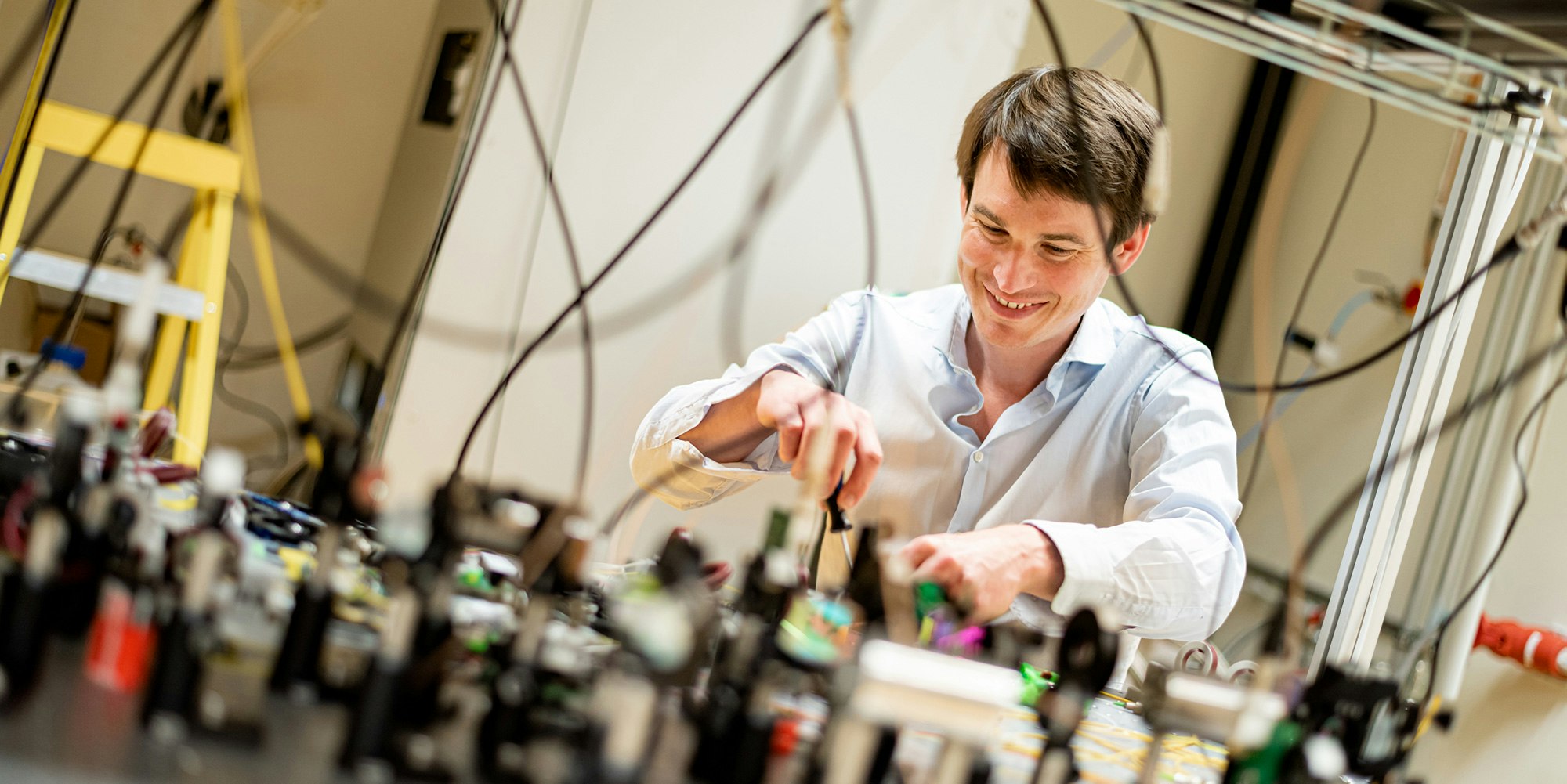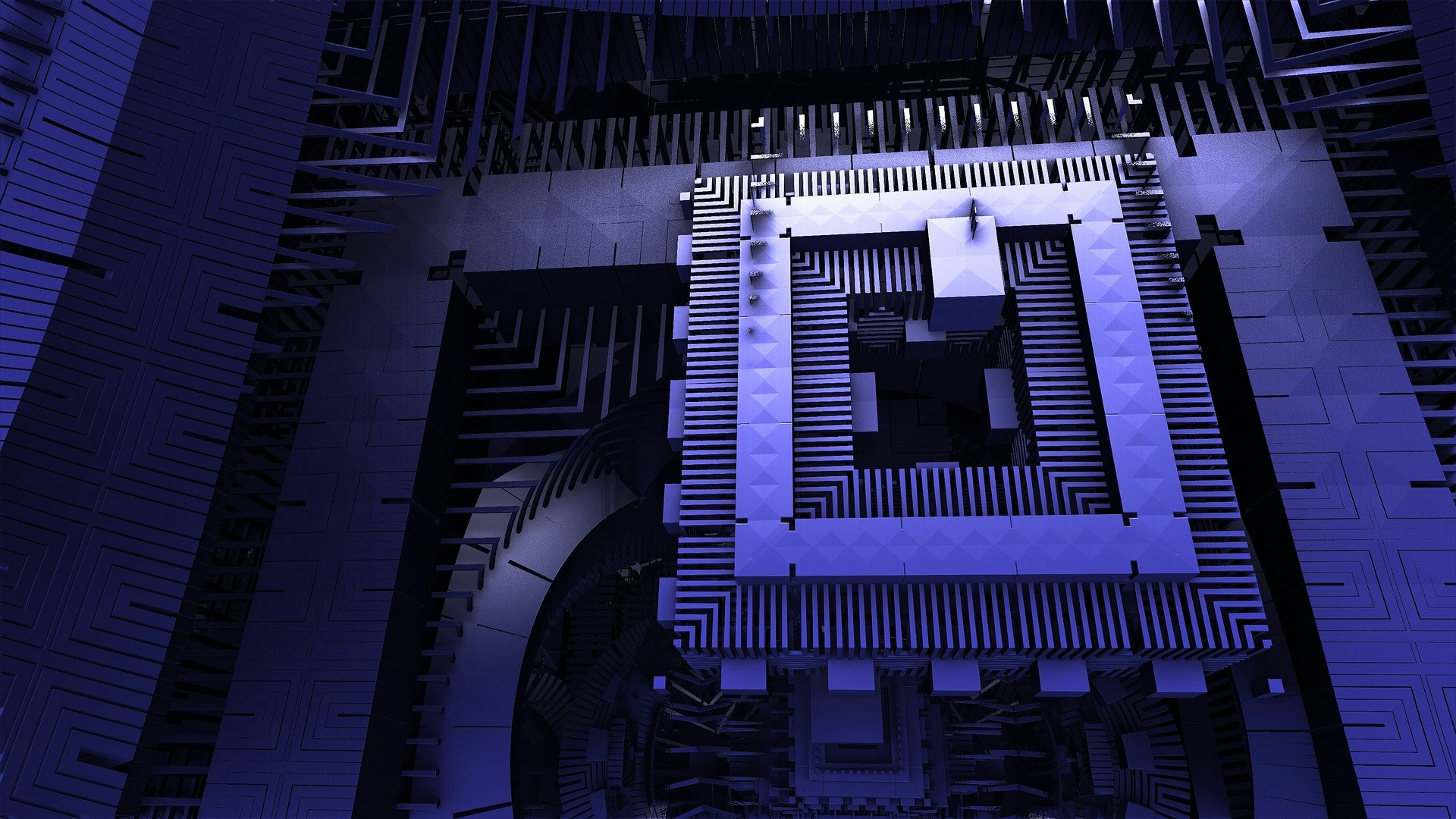Terra Quantum, the Swiss quantum technology company, is today announcing a breakthrough in quantum cryptography with a technology that allows quantum cryptography keys to be transmitted over a distance of more than 40,000km — the circumference of the Earth.
It blows all previous quantum cryptography distance records out of the water with an almost 100x improvement and potentially solves the biggest problem preventing quantum cryptography from becoming practically usable.
The world faces a huge threat in the next few years when quantum computers become powerful enough to break the cryptography of conventional computers. Everything from government communications to the contents of Bitcoin wallets would become vulnerable to hackers.
“We’re not talking in 10 years, it will be within 2 to 5 years,” says Markus Pflitsch, founder and CEO of Terra Quantum. Hackers and hostile governments are likely to be among the first to harness quantum computers for code-breaking and the computer industry is becoming acutely aware that it needs to find ways to protect itself.
Quantum cryptography is one of the best solutions — in theory, the laws of physics make a network linked by quantum connections unhackable. In practice, there is a big problem: quantum key distribution only works over relatively short distances. Photons, which are used for these transmissions, get scattered or absorbed along the route. Record distances for quantum key distribution so far have been 421km (in 2018), and a Chinese research group last year took this to 509km.
In order to send a secure quantum key between, say, London and New York (5,567km) to secure a stock market trade, you’d need to put multiple repeaters into the line to boost the signal. Each one of these repeaters becomes a potential point of vulnerability, where the signal can be intercepted. So quantum cryptography developers have been trying to find ways to do without these.
Some companies are trying to solve this by building new networks — UK-based Arqit, which recently announced plans to go public via a $1.4bn SPAC, for example, is planning to use satellites to distribute secure quantum cryptography keys. But this infrastructure will take time to put in place. One big advantage of Terra Quantum’s solution is that it can run inside a standard optical fibre line, already in use today in telecoms networks.
The technology is based on measuring the loss of photons over a particular line and carefully controlling the transmitted signal so that the amount of signal that an eavesdropper on the line is never enough to be able to extract meaningful information.
“We can know exactly how much of the signal is being intercepted and can tweak it to make sure that the eavesdropper only gets a few photons — which would be obscured by quantum noise,” says Nikita Kirsanov, project lead at Terra Quantum.
The technique is based around the second law of thermodynamics — the one that states that entropy always increases. There is a short video explainer of it here:
and a more detailed academic paper published here.
But Pflitsch is keen to stress that the technology is not in the realms of academic papers. Terra Quantum is in talks with several telecoms companies to run proof of concept projects to demonstrate the system. “This is not something for the future, we can do this today,” he said.


